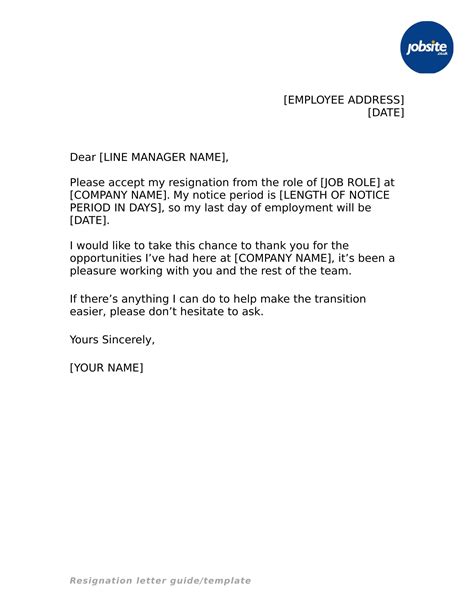How To Resign Professionally: Expert Tips

Resigning from a job can be a challenging and emotional experience. Whether you’re leaving because of a better opportunity, a difficult work environment, or personal reasons, it’s important to handle your resignation in a professional manner. Here are some expert tips to help you resign professionally:
1. Plan ahead
Before you submit your resignation, take some time to plan ahead. Make sure you have a new job lined up or some financial cushion to support you during the transition. Also, consider the impact your resignation may have on your colleagues and the company.
2. Schedule a meeting with your boss
Arrange a meeting with your boss to discuss your resignation. Be respectful and professional, and explain your reasons for leaving. Keep the conversation positive and avoid criticizing the company or your colleagues.
Related Entity: Employer
Remember that your employer will likely be your reference in the future, so it’s important to maintain a good relationship with them.
3. Write a resignation letter
After the meeting, follow up with a written resignation letter. Keep it brief and to the point, and include your last day of work. Be sure to thank your employer for the opportunity to work with them.
Related Entity: Human Resources
You may need to submit a copy of your resignation letter to the HR department, so make sure it’s professional and free of any negative comments.
4. Offer to help with the transition
If possible, offer to help with the transition by training your replacement or documenting your work processes. This will show your employer that you’re committed to a smooth transition and leaving on good terms.
5. Finish strong
During your remaining time at the company, continue to work hard and maintain a positive attitude. Finish any outstanding projects and offer to help with any tasks that need to be completed before your departure.
6. Say goodbye to your colleagues
Before you leave, take the time to say goodbye to your colleagues and thank them for their support. You may also want to exchange contact information and stay in touch with them in the future.
7. Follow up with your employer
After you leave, follow up with your employer to ensure that everything is in order and to thank them again for the opportunity to work with them. This will show that you’re a professional and courteous individual.
8. Reflect on your experience
Take some time to reflect on your experience at the company and what you learned from it. This will help you grow both personally and professionally and prepare you for your next job.
9. Related Entity: Career Coach
If you’re struggling with your decision to resign or need help with your job search, consider seeking the advice of a career coach or counselor.
10. Move on
Finally, it’s important to move on from your old job and focus on your future. Take the lessons you learned and apply them to your next job, and remember that every experience is an opportunity for growth.
Conclusion
Resigning from a job can be a difficult and emotional experience, but it’s important to handle it in a professional manner. By following these expert tips, you can resign with grace and leave a positive impression on your employer and colleagues.
FAQs
1. When should I resign from my job?
You should resign from your job when you have a new job lined up, or when you feel that it’s time to move on from your current position.
2. How do I resign from my job without burning bridges?
To resign from your job without burning bridges, be respectful and professional, offer to help with the transition, and maintain a positive attitude throughout the process.
3. Should I give my employer a reason for resigning?
You’re not required to give your employer a reason for resigning, but it’s a good idea to be honest and respectful in your explanation.
4. How do I handle a counteroffer from my employer?
If you receive a counteroffer from your employer, consider your options carefully and make a decision based on your personal and professional goals.
5. How do I prepare for my new job after resigning?
To prepare for your new job after resigning, take some time to reflect on your experience, update your resume and LinkedIn profile, and research your new company and position.
Related Entity: LinkedIn
